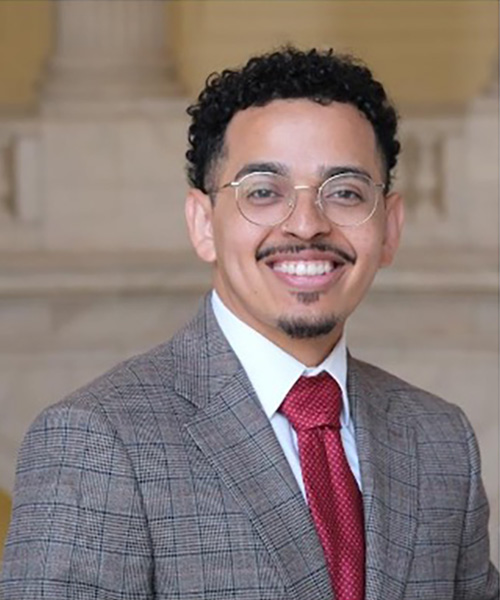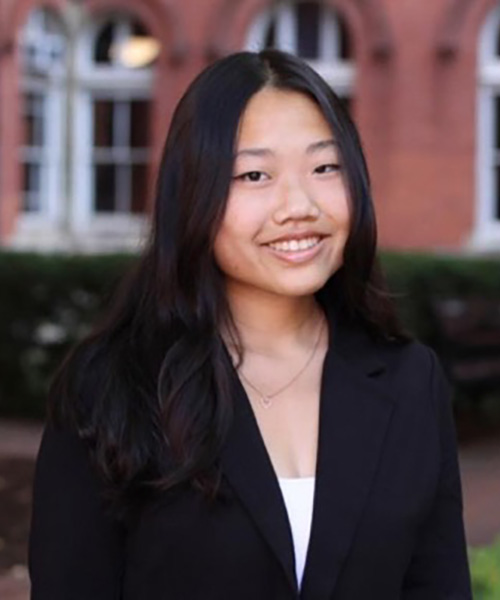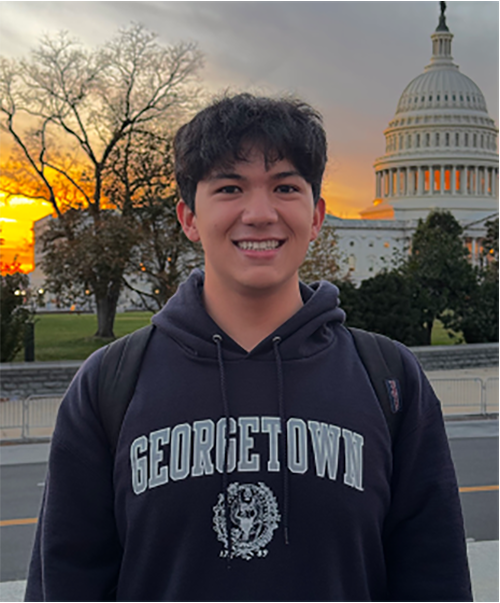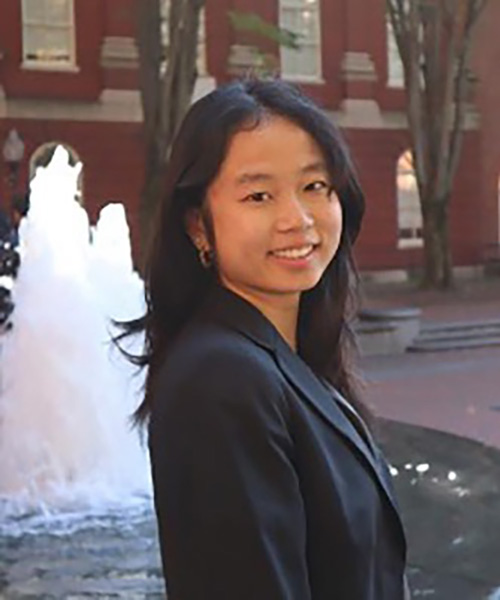
The People Beyond the Talking Points
Bennie Chang | May 31, 2025
Responding To: Georgetown Students Reflect on Student Dialogue in Beijing and Hong Kong
Drew Zacharias
Upon arriving in China for the U.S.-China Student Dialogue, I immediately noticed how different it was from the United States. From the convenience of apps like WeChat and Alipay for QR code payments to the delicious Asian breakfast at our Holiday Inn Express, everyday life functioned differently. Severely jet-lagged and staring up at the Summer Palace on our first day, I was still in shock that I had finally made it to China. I had spent the past two years studying Chinese language and culture at Georgetown University, focusing heavily on the country’s historical and cultural sites. Before this trip, I spent eight weeks in Taiwan, where I observed a different path of development in the Chinese-speaking world, shaped by martial law under Chiang Kai-Shek and later, democratic rule. China and Hong Kong, each with their own trajectories, offered contrasting visions of modern Chinese identity. I’m glad Beijing and Hong Kong were chosen for this trip, as both provided distinct and valuable perspectives. Thus begins this tale of two cities.
In Beijing, we met with students from Tsinghua University and broke into small groups—each three students from Georgetown and three students from Tsinghua—to explore major U.S.-China issues, from climate change to global security. I was part of the peace and security group, where we discussed Taiwan, cyber warfare, and regional tensions. While some topics revealed deep divides, others showed surprising areas of agreement. Our conversations were respectful, though sometimes tentative when approaching politically sensitive issues. Outside the classroom, our Tsinghua and Chinese peers showed us a more personal side of Beijing, from spicy hotpot dinners to walks through historic hutongs. These informal exchanges helped humanize complex political debates and fostered genuine connection. Beijing felt deeply rooted in history, with a strong sense of national purpose shaped by centralized governance and state-led development.
In contrast, Hong Kong felt like a different world altogether. The pace was faster, the skyline more international, and the atmosphere more open. At the University of Hong Kong, student dialogues were far more candid. We openly discussed topics like press freedom, political identity, and the implications of Beijing’s growing influence. The tone was personal, urgent, and unfiltered. Around the city, we saw a different rhythm of life, English signs, independent bookstores, and people debating politics in cafés. While technology was just as integrated as in Beijing, Hong Kong’s colonial legacy and capitalist foundations created a freer, more globally connected society. Though part of the same country, the contrast in tone, openness, and public life between Beijing and Hong Kong was striking. Together, they revealed the diversity and complexity within the Chinese world, shaped by differing histories, systems, and aspirations.
Drew Zacharias (SFS’27) is a student at Georgetown University studying international politics.

Bennie Chang | May 31, 2025

Daniel Castro Bonilla | May 31, 2025

Isabella Stratta | May 31, 2025

Maggie Yang | May 31, 2025

Patrick Coggin | May 31, 2025

Raghav Akula | May 31, 2025

Tiffany Cowan | May 31, 2025

Zifei Zhao | May 31, 2025

Luke Hughes | May 31, 2025